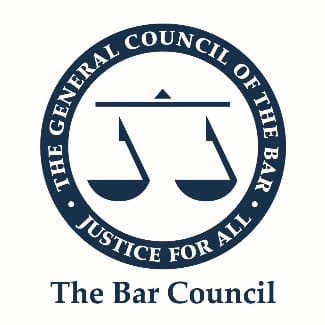Xanthopoulos v Rakshina [2023] EWFC 50
Judgment date: 04 April 2023
https://caselaw.nationalarchives.gov.uk/ewfc/2023/50
Sir Jonathan Cohen. The latest and, one hopes, final episode in a legal saga involving financial remedy, jurisdiction and children litigation spaning 60 hearings between Russia and England, in which H alone had sought counsel and legal advice from 7 firms of solicitors, 12 King’s Counsel and an array of juniors at a cost of c.£9m, every penny of which was funded by W. Despite that, H failed to attend the final hearing and his legal team sought permission to withdraw on the first day.
It was H’s application for financial remedy under Part III of the Matrimonial and Family Proceedings Act 1984 (the 1984 Act). He is 43, born in Russia but later moved to Greece and acquired Greek nationality. W is a 42-year-old Russian national. The parties have two children. They married in March 2006 and separated in 2020.
In 2013, the parties entered into a post-nuptial agreement. There was no dispute as to its validity, rather H sought to challenge the circumstances in which it was arranged. The court rejected his challenge.
W worked in an accounting role in her family’s business. Her salary was modest (c.£60,000 in the two years preceding the hearing), but she received very generous dividends and donations from her brother and father. For a short period, H too worked in the business. He stopped in 2008 and has not worked since.
W owned four properties collectively worth £6.765m and had £7.7m in bank accounts. She had outstanding debts, including legal fees, of £1.543m. H had no assets of significance.
One issue was the extent of W’s interest in the family business. The judge concluded that W’s brother and father were the beneficial owners of the company, notwithstanding W’s 25% holding in the business. This was not an atypical arrangement for family-ran businesses in Russia.
The judge accepted W’s description of the standard of living as ‘very comfortable but not profligate’ and the property particulars she advanced as suitable for H. H’s case on housing was described as ‘ridiculously inflated’. He was awarded a housing fund of €600,000 and a further €60,000 to furnish the property. The property will revert to the ownership of the children upon the expiration of H’s life interest. He also received £75k p/a by way of maintenance for one year, and £60k for a further three years.
‘The figures spent on costs are beyond comprehension.’ Notwithstanding, H remained indebted to former solicitors to the tune of £900,000. The judge made clear that ‘it is not the job of the court to act as insurers of solicitors who overshoot … the sum provided by way of LSPO’.
H’s litigation unsurprisingly was relevant to costs. The judge commented that if the conduct was bad in Rothschild v De Souza [2020] EWCA Civ 1215, that case does not begin to approach what happened in this. A summary of H’s litigation conduct and remarkable lack of progress, despite his costs, is set out at [141]–[152].







